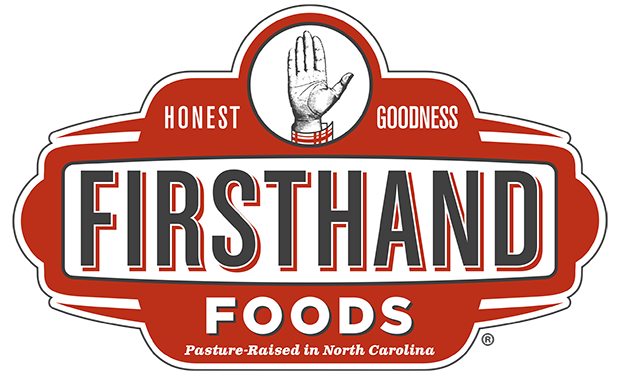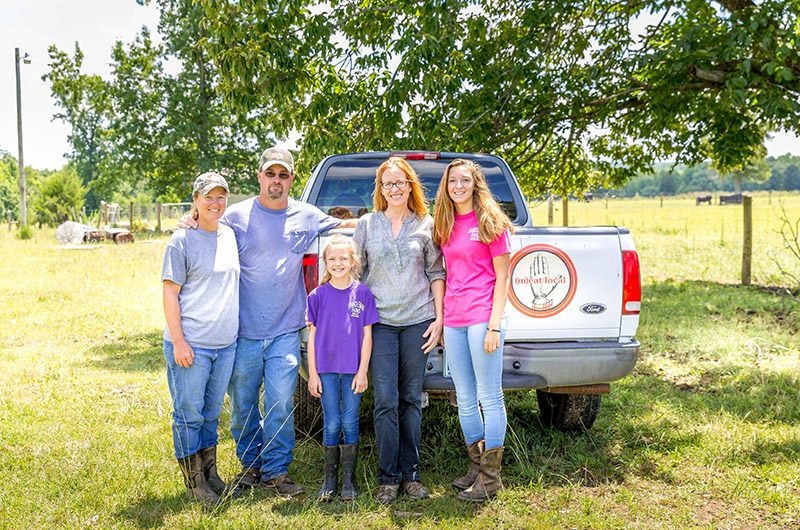Headlines, as we know, oversimplify issues. A quick glance at those related to fake meat products and it would be easy to conclude that fake meats are the single best answer to global warming, diabetes and obesity, animal cruelty, and species extinction. But most of us are sophisticated enough consumers by now to understand that there is no silver bullet for these complex problems.
The proliferation of fake meat products present a host of issues to discuss and debate about the future of food and agriculture. Do animals belong in sustainable food production systems? What are the health, environmental and animal welfare impacts of different production systems? Who is in control and who benefits? What kind of food system are we trying to build?
My beef (ha!) with these products is three-fold. First, I am troubled by the sheer volume of capital pouring into fake meat ventures. It makes me suspicious. In the first six months of this year, in the middle of a pandemic, 20 faux meat start-ups raised $1.4 billion. That is the kind of money that is never in the same room with those of us working at the grassroots level to build regional, community-based food systems. I can’t help but conclude that its likely a get-rich strategy for a couple of people at the top rather than a suite of products with a supply chain that could benefit families, communities and the planet.
Second is the concept of food sovereignty – the rights of consumers to control their food and nutrition and the rights of those who produce food to control and manage their lands, territories, waters, seeds, livestock and biodiversity. Does this jive with lab-grown meat or highly processed proteins manufactured at an industrial-scale? I don’t see it, especially in the context we now find ourselves of increasing poverty and inequality. What about taking that $1.4 billion and investing in the Heifer International model that provides families with livestock that can produce milk, cheese, meat and/or eggs in perpetuity on otherwise marginal land. That says food security to me more than relying on a large corporation for shipments of plant-based protein wrapped in plastic.
My third complaint is mostly aimed at Impossible Burger. I find their marketing and messaging divisive and aggressive. Impossible Burger aims to all together eliminate animals from the food system. In their worldview, the planet will perish unless we eliminate all livestock. As the owner of a meat company dedicated to humane, pasture-based livestock production, I take issue with the idea that all meat is bad. It’s just not true. There is plenty of evidence supporting the environmental, health and animal welfare benefits of sustainable meat production practices. Impossible Burger seems to be looking for total market domination rather than embracing a vision that includes consumer choice and diversity – a core tenet of sustainability.
As an environmentalist, I do agree with proponents of fake meat products that our current system of livestock production and processing is causing really big problems. As a child of the 1960s born and raised in America, I cop to the notion that consumers have rights, that our buying decisions have influence, and that we should all, including vegans and vegetarians, have choices when we shop. And, as a business owner, I appreciate entrepreneurship and the call to create products that people value.
But as the owner of a company committed to transparency, I am bothered by the lack of transparency some fake meat companies provide about their supply chains and production practices. What about all the pesticides used in GMO-soy production and their impacts on human health, water quality and species decline? What about monocropping and its impacts on soil quality and biodiversity? How are farming families and communities benefiting from these supply chain relationships?
In the end, we can’t just go by the headlines. And we can’t afford to get distracted by shiny objects and quick fixes. We have to stay focused on building the future system we dare to dream about. To borrow a thought provoking line of questioning from Glennon Doyle, ”What is the most true and beautiful food system you can imagine?” Maybe some people envision a system that results in convenience and easy access to highly-processed products that bear no resemblance to their origin in soil and to the act of slaughter. I can see how that might feel more comfortable, less messy. But me, I crave connection to the natural world and to people. So, when I envision a better food system, it starts and ends with families, workers, and communities. It’s performed at a scale I can visualize, a human-scale, which is small and medium but not super huge. It supports people who have access to the land and capital they need to grow their own food. It’s organized to regenerate soil and produce a diversity of whole foods. Modest amounts of meat are derived from grazing animals raised outdoors in their natural habitat. And businesses like ours are helping to glue together the relationships that make it all work at the local and regional level.

